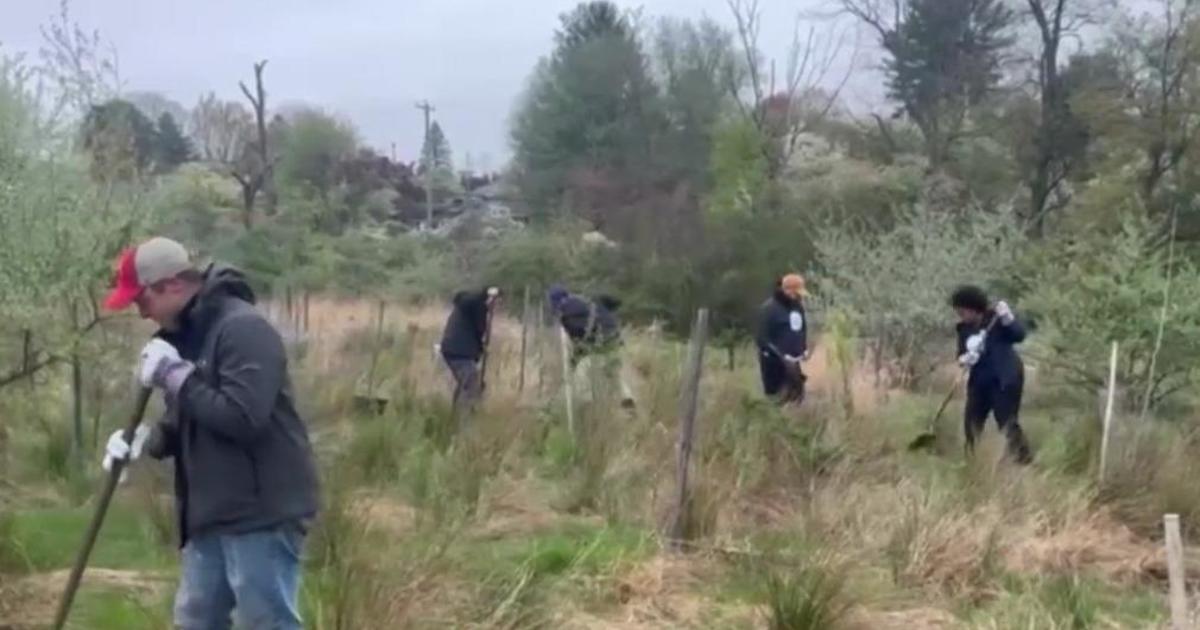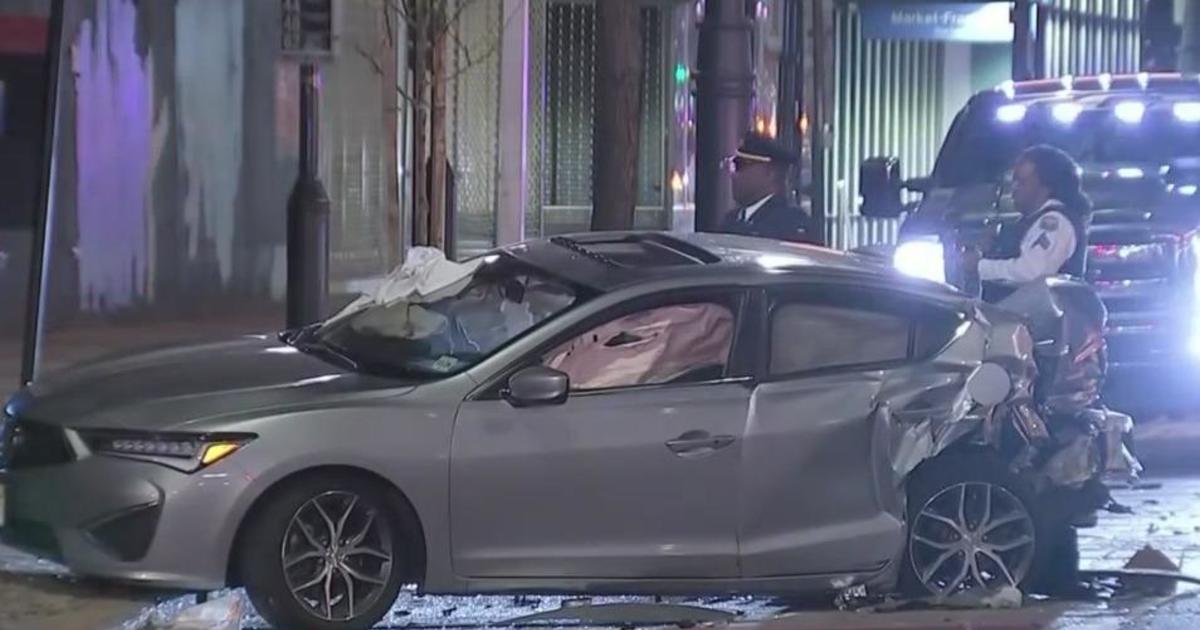SEPTA Driver Being Used In Hospital Bus Ads After Near-Fatal Heart Incident
PHILADELPHIA (CBS) -- On this Valentine's Day eve, there is a story of love and gratitude from a SEPTA driver who in the grips of death thought only of his wife.
It's not every day that a SEPTA bus driver has his picture on the back of his own bus.
"I'm the so-called celebrity of the depot," said SEPTA driver Don Peyton.
He's famous at the depot because Peyton came back from the brink of death.
He regards himself as lucky and fortunate to be here because he said he knew the odds were against him.
Peyton is back in the driver's seat after surviving a heart incident that kills most people.
"I was dying, I knew at that moment that I was about to die," he said.
It happened a year ago, like a bolt of lightning, when he was at home after his shift.
"I actually felt my aorta rip from the top of my heart all the way down to my right ankle," Peyton said.
He had one thought for Lynette, his wife of 20 years.
"Get out of the house," he said of that day. "Because I didn't want to die in my house and in my bedroom next to my wife, so I picked myself up and went outside on the sidewalk."
He went from that sidewalk to Crozer Chester Medical Center in Upland for eight hours of surgery to repair his torn aorta.
"We replaced the ascending aorta and part of the aortic arch," explains Dr. Charles Geller, a cardiothoracic surgeon at Crozer.
Geller says survival depends on getting into surgery quickly.
"We place the patient in essentially a state of suspended animation, they are cooled down to a very low temperature and all the blood is drained from their body," he said. "During that time the patient is receiving direct blood flow to the brain to keep well-nourished."
Peyton survived to be reunited with his wife and their four children.
As he recounted that day he tried not to cry.
But behind the wheel, Peyton who's been driving for SEPTA for two years, is all business.
He says he glad to be in the driver's seat.
"It has certainly enhanced my appreciation for being alive," he said.
Crozer Chester Medical Center staff was so impressed with Peyton's story that the hospital is putting his picture in their ads with his simple but powerful message thanking them for giving him another chance.
The technical name for what happened to Peyton is aortic dissection.
Aortic dissection is rare and tends to strike men over the age of 40.
It often happens with no warning signs and it can be deadly if not treated quickly.



